One of the most important parts of a student’s education is an
internship. It is an opportunity to gain
real-life work experience, explore the many different types of things people in
the real world do in your field of interest, and build personal and
professional relationships that can support you throughout your career.
We’d like to invite college and graduate school students interested in historic preservation, archaeology, community planning, cultural resources, architectural history, public history, and other related fields to apply to the Pennsylvania Historical and Museum Commission’s (PHMC) Keystone Internship program for their Summer 2020 interning experience.
This paid, 12-week-long opportunity is an excellent way for you to build your portfolio while helping PHMC and the PA State Historic Preservation Office (PA SHPO) preserve Pennsylvania’s important older and historic places.
Continue reading
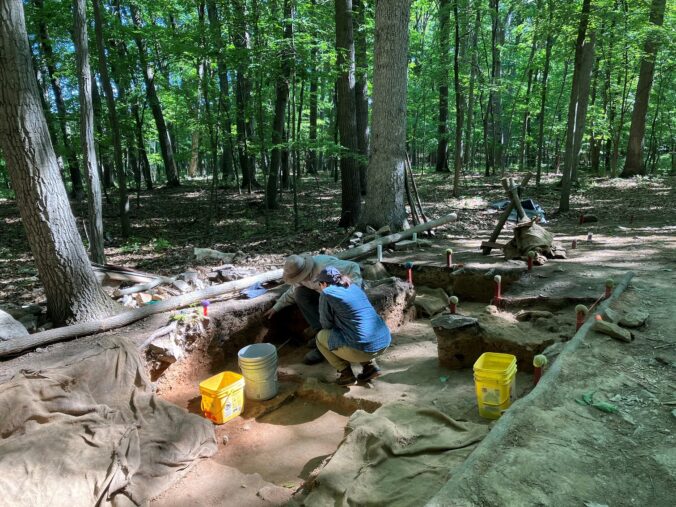
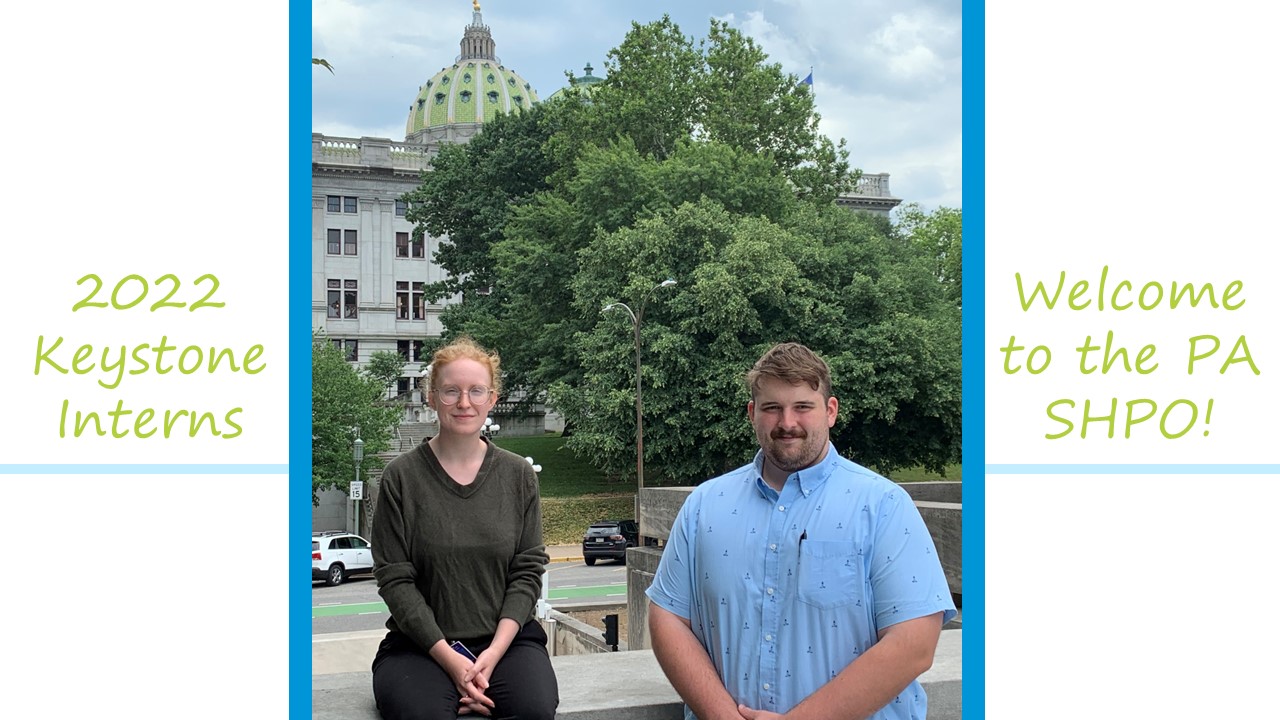
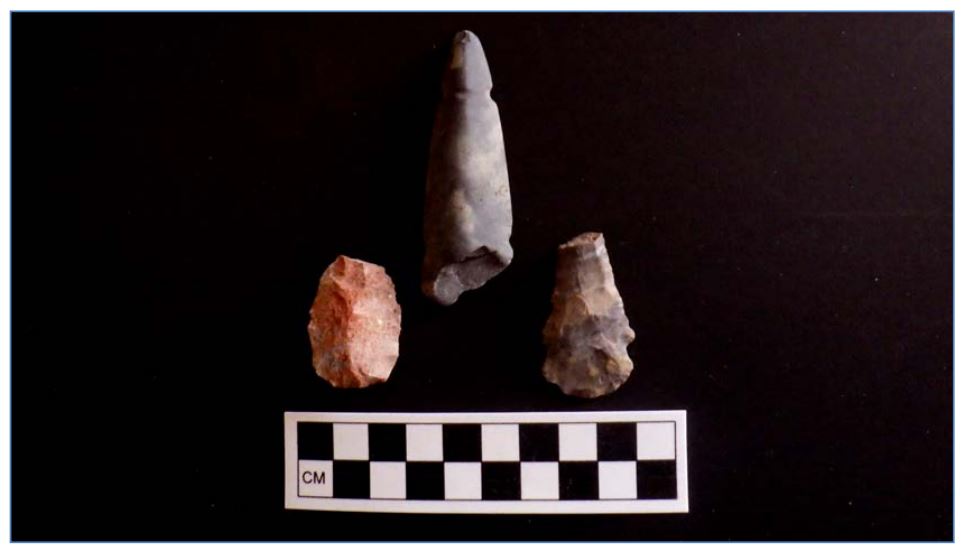

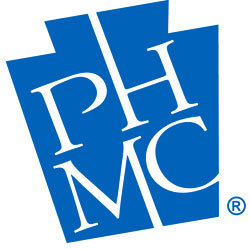
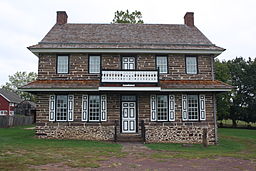
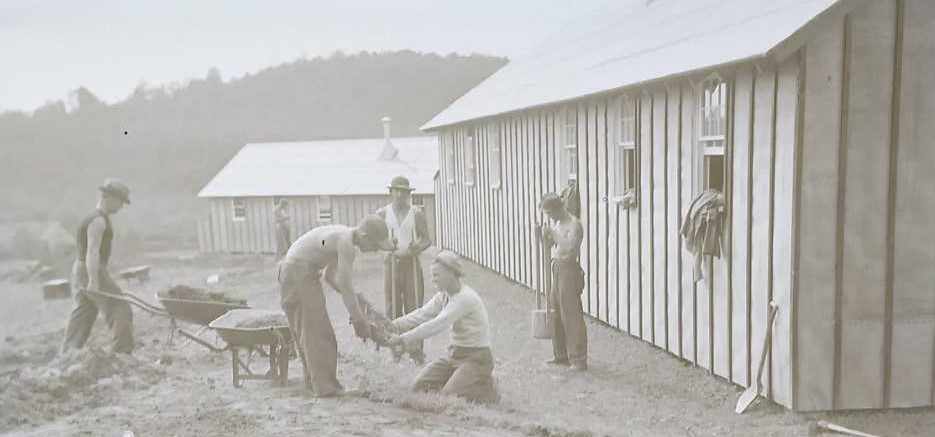
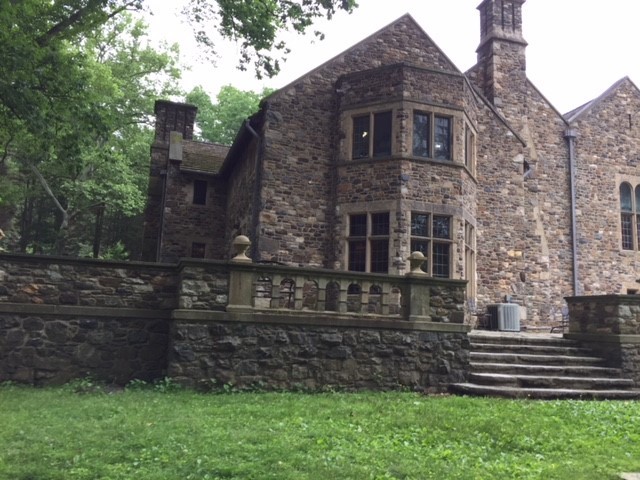
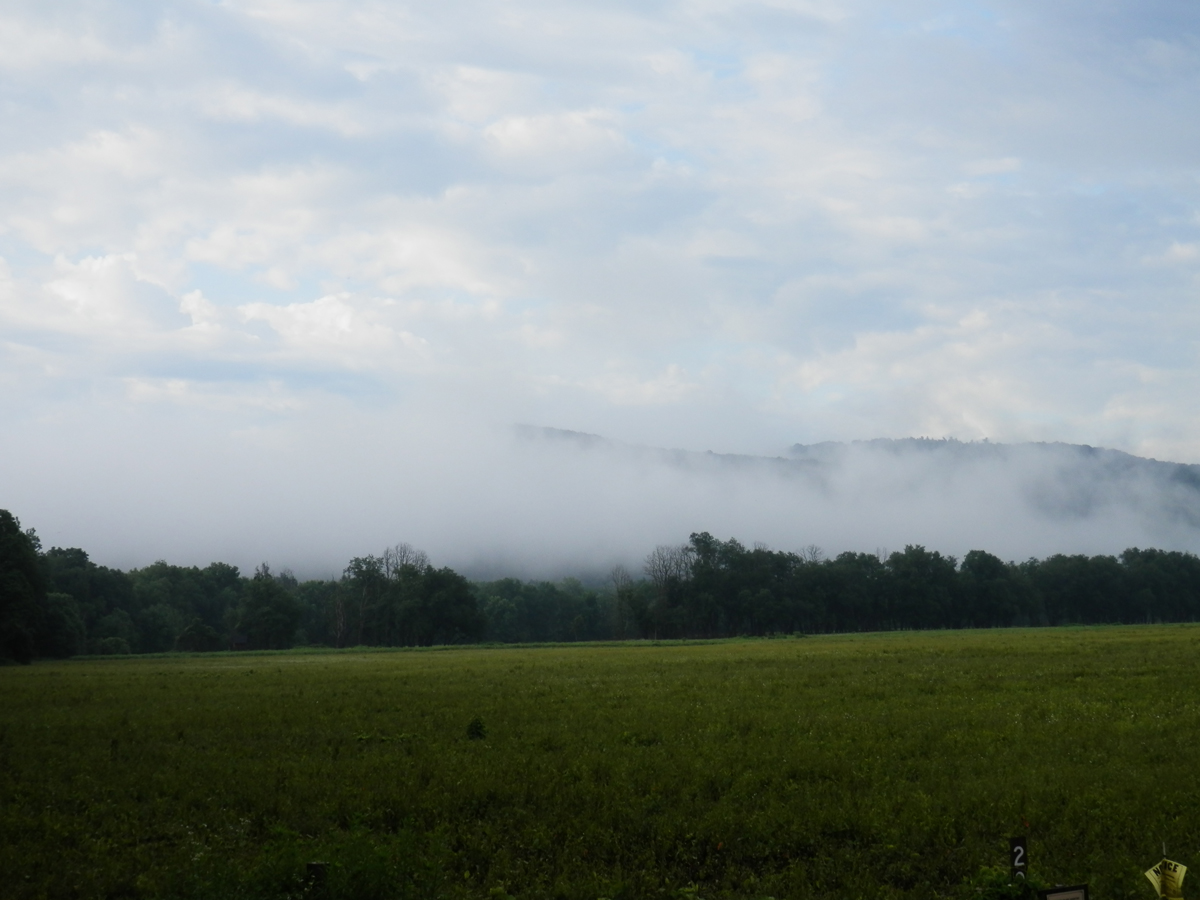
Recent Comments